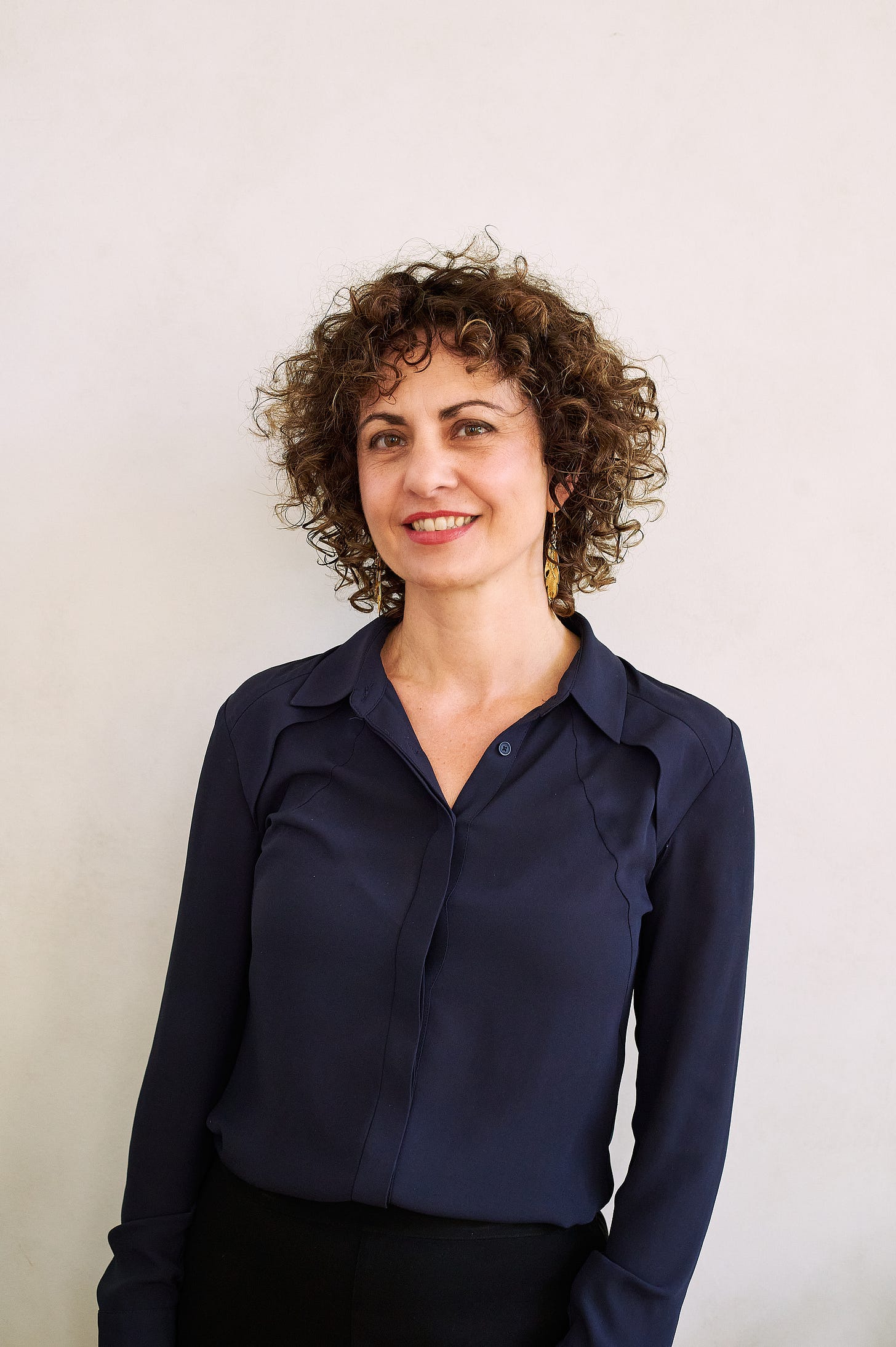https://bondipsychotherapy.substack.com/p/bondi-therapist-surfing-lifes-waves
A therapist’s reflections on being human in relationships
A little about me:

I am a psychotherapist with over 16 years experience specialising in Bowen Family Systems Theory (a theory of human behaviour). I work with people in different configurations: families, couples, individuals, parents-children. I see a person’s problems as being inextricably interwoven to their system.
Just like a liver is connected to a body, I see a family member as connected to a family, a team member as connected to a team. I do not ask: How is the child doing? I ask: How is the family doing? I do not ask: How is the social worker doing? I ask: How is the multidisciplinary team doing? Is the system stressed? Who is carrying the stress right now? Who is showing up with the problem? Who was carrying the stress a month ago, a year ago, 5 yers ago, 10 years ago? Is it the same person, or someone else? What changed?
I will be writing about common human problems (and I include myself here) and how we deal with them, mostly in the context of our relationships.

I live a fifteen minute walk from Bondi Beach, on Gadigal land. I don’t surf. Literally. Metaphorically, I do though. All of the time. Every day. Often I get dumped. Sometimes, after a wipeout I get back on my board. Sometimes I don’t, for days. I am thrust off-course, struggling to swim back to shore.
Sound familiar?
Life is an ocean of waves. Some will carry us to shore seamlessly and some will crash us to the bone. Just like those surfers down at Bondi Beach avoiding undertows and riding riptides every day, no matter the sun, the rain or the storm, we can learn to work with what life throws at us. Bondi or ‘Boondi’ is an Australian aboriginal word meaning ‘water breaking over rocks’. Sometimes, when we crash from a giant wave into swirling whitewash or onto rocks, we may need to respect the power of the ocean. Bow our heads. Know this was bigger than us.
But, no matter the wreckage, we have choice. Even when we may perceive we don’t, even when it’s limited and small, we always have choice. It is this very tension, between the force of life, of nature, and the choice we have to respond to it and ride with it, that this newsletter is all about.
Now, I promise I won’t always be using surfing metaphors, so let’s get concrete.
QUESTIONS FOR REFLECTION
- What are the most predictable ways I crash onto rocks? In other words, what are the events or people I most react to? It could be a small reaction to a small event like getting frustrated at my kid for not getting ready quickly enough in the mornings; or it could be a big reaction to a big event like becoming depressed after the loss of my partner.
- If we are human then we are all reacting to something daily. We are all falling off our Zen. How often? How quickly? When? Where? With whom? These are all good start-up questions to gather the facts.
- If I was to film myself for a week, and play the footage back, what would I observe? When would I look and sound most angry, fearful, sad? When would my trigger-happy moments show up? In interactions with our partners about the house chores? When our teenager is rude? When our mother tells us how to parent? During family meals? With our boss? When we’re alone in the evenings? Are any of these patterns of interaction predictable?
- Where is the heat? And how am I dealing with it?
I don’t have any easy answers, no 5-easy-step-solutions, or instruction manuals.
I would simply start with observing myself in interactions with others and asking the question: when do I become reactive?






